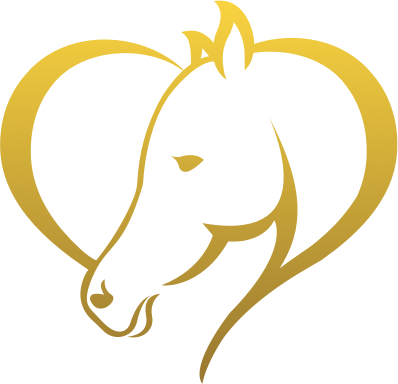Cruz is a 20yr old retired grade A grand prix show jumper out of Cruising. His new owner bought him to use as a pleasure horse, and to give him a good end to a successful career.
I was called out to address his habit of dangerously rushing in and out of his stable and once loaded on a trailer, his inability to back off down the ramp. Unloading him forwards using the front ramp is the only option.
Things I knew prior to seeing him. His 2 problems stated above. Also that as a youngster he got his haunches caught in a sliding stable door. When his new owner got him, she found he had no walk or trot. Mounting from the block was difficult due to his constant desire to canter. The fact he had been used as a jumping machine was obvious and she has worked patiently to calm him a bit for riding. In the saddle he was strong and fast.
I initially went knowing the rushing and trailer issues were my end goals. These problems are not new to me, and, generally, not overly complicated habits to change. Of course this always comes down to the horse and whats going on inside their heads, and I never truly know until I start working with them.
Cruz turned out to be a very complicated horse. His age was definitely a contributing factor to his complexity, but more so, his previous job as a grand prix show jumper. He knew his job, and did it well. Everything else about him was turned off.
He was stiff (most horses are), and over reactionary to the unknown. He would not bend his head from side to side, and would not look at me (or any of my things) standing at his shoulder. He would not disengage, and was talented enough to canter in the smallest circle imaginable.
He had a tendency to retreat inside himself and hope me and my things would go away.
This meant I had a big job to get him obedient enough to direct his feet and energy.
I had only scheduled a session (75 min) for him, and it became very clear this was not going to be enough.
I kept the end goal of the rushing and the trailer in mind, and started patching over issues after it was clear if I kept trying to fix everything, we would never get near the trailer!!
In the end the rushing was worked on, and definitely better, but certainly not fixed. The trailer problem was fixed. Turned out he had a problem going on AND coming off, so I fixed both sides of that. Once in the trailer, he was an absolute bag of nerves, nearly shaking with fear. Trying to make the trailer itself a less scary place will help him.
I spent a lot of time trying to switch him on. Trying loads of various things to get him to start asking questions and engaging with me as opposed to shutting it out and letting it happen. I managed to bring his curiosity up briefly on occasion, but he was just so accustomed to “letting the humans do things to him”. It was slightly heartbreaking. I’ve never encountered a horse so tuned out.
We managed to get some respect and obedience from him, but trust and ultimately calmness are yet to come.
I know I can help him, and once he “wakes up” everything else will fall into place. He is just a victim of his long and successful career as a professional athlete.
Here are my field notes, and instructions for the owner:
Things left for me to work on:
-Following the feel and direction of the rope, be lighter. Will mean lighter in hand while riding, more responsive to hand/bit. Less locking up and plowing forward.
-more flexibility on each side. Moving the hind end away lightly and politely, bending the head willingly towards the shoulders. Will mean less locking up and plowing forward at speed.
-more accepting to scary objects, looking and engaging. Less blocking it out and hoping it goes away.
-more work on barging through openings, though above things will help.
-relaxation in general. Bringing his adrenaline up and then back down. Taking him away from stable area will be a good exercise.
Things for you to work on until I come back..
– stopping and backing while leading, particularly through gates and down ally way.
-hanging out in the trailer in a relaxing no agenda way.
-pressure on the girth area to send him into the trailer if leading doesn’t work. Give him time, don’t rush.
-see if you can get him to look at you while standing at his girth area on both sides. If he is nice about treats, you can encourage him with carrots.
-being aware of when he is crowding you. Keeping a longer lead rope, to make him keep some distance will help build confidence and make him feel less confined (he won’t realise this at first, but will become more independent the more you do it.)
The key to any horse is respect, obedience, trust, calmness.
Today I got respect and a little obedience, but trust and calmness are still missing.


Leave a Reply
You must be logged in to post a comment.